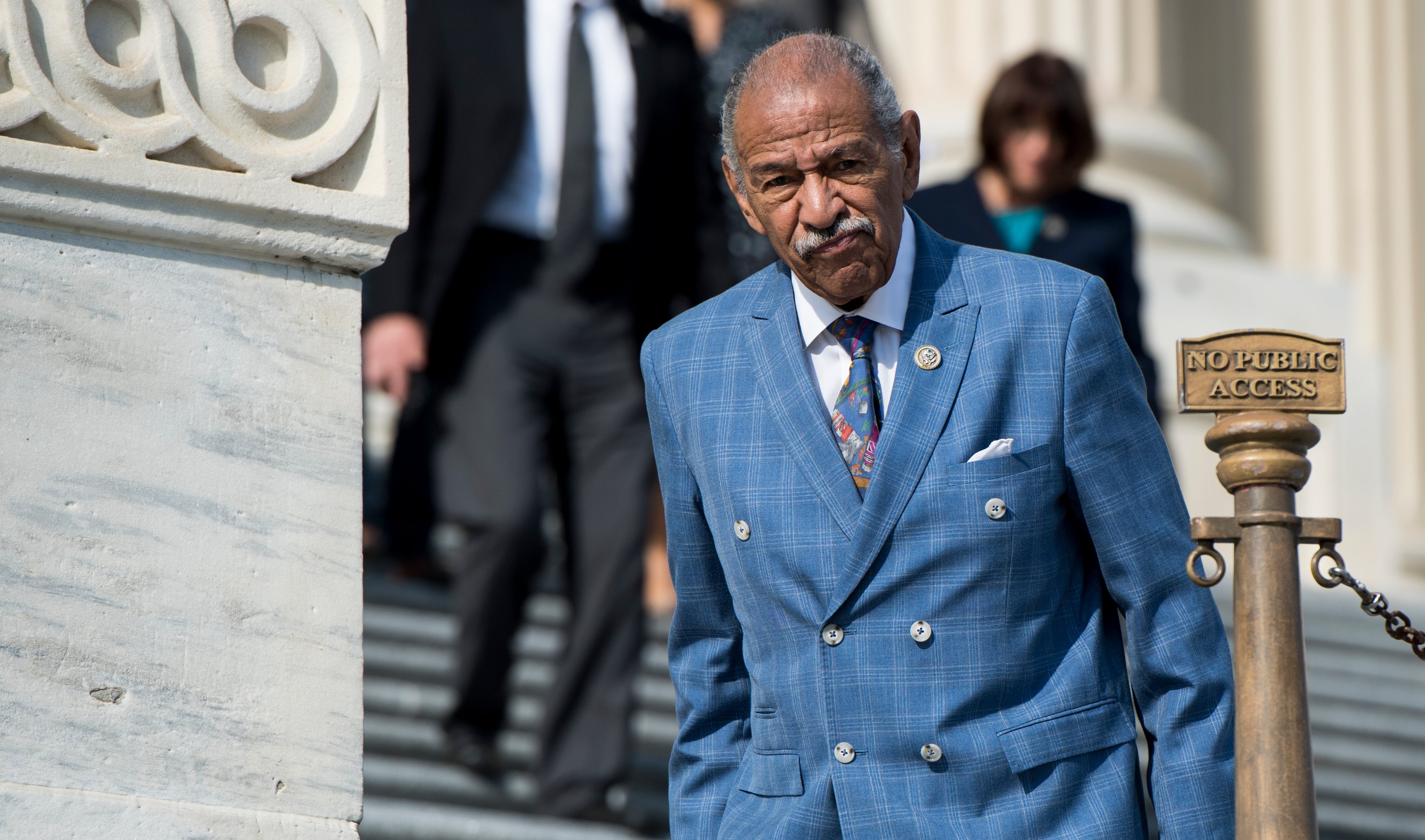
Rep. John Conyers (D-Mich), the longest serving member of the House of Representatives, reportedly settled a sexual harassment claim from a female staffer in 2014, Buzzfeed News reports.
Reporters uncovered affidavits from former staff members who allege that Conyers repeatedly made sexual advances to his female staff, including making sexual requests, caressing their hands sexually, rubbing their legs and backs in public as well as contacting and transporting other women whom they believe the representative was having multiple affairs with.
One affidavit stated “One of my duties while working for Rep. Conyers was to keep a list of women that I assumed he was having affairs with and call them at his request and, if necessary, have them flown in using Congressional resources.”
The woman at the heart of the story, who has chosen to remain anonymous, said she was fired for refusing his sexual advances and faced an uphill battle which ended in her signing a confidentiality settlement in exchange for $27,000. Her settlement came from Conyers’ office budget and not the designated fund for settlements.
In this case, the woman was declared a ‘rehire’ and directed to not come into the office or do any work to receive the total amount of $27,111.75 over three months. She was then removed from payroll.
Conyers told the Associated Press that he knows nothing about any harassment claims and learned of the story from watching TV. “I have been looking at these things in amazement,” he said about the allegations of sexual harassment made against politicians and other men.
The reported documents were provided by known pro-Trump personality Mike Cernovich, who claimed to have given the documents to Buzzfeed News for vetting and further reporting. Cernovich is the propagandist who published and distributed a number of false conspiracy theories during the 2016 election including the widely circulated “Pizzagate.”
Surprisingly, Congress has no human resources department. Congressional employees have 180 days to report a sexual harassment claim to the Office of Compliance. The claim then leads to a process which includes counseling and mediation and requires the signing of a confidentiality agreement before a complaint can move forward. The employee then can choose to take the case to federal district court or an administrative hearing, where a negotiation and settlement may follow.
